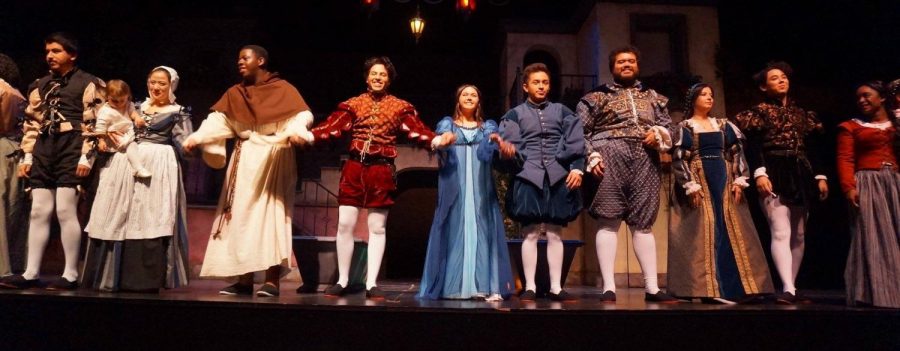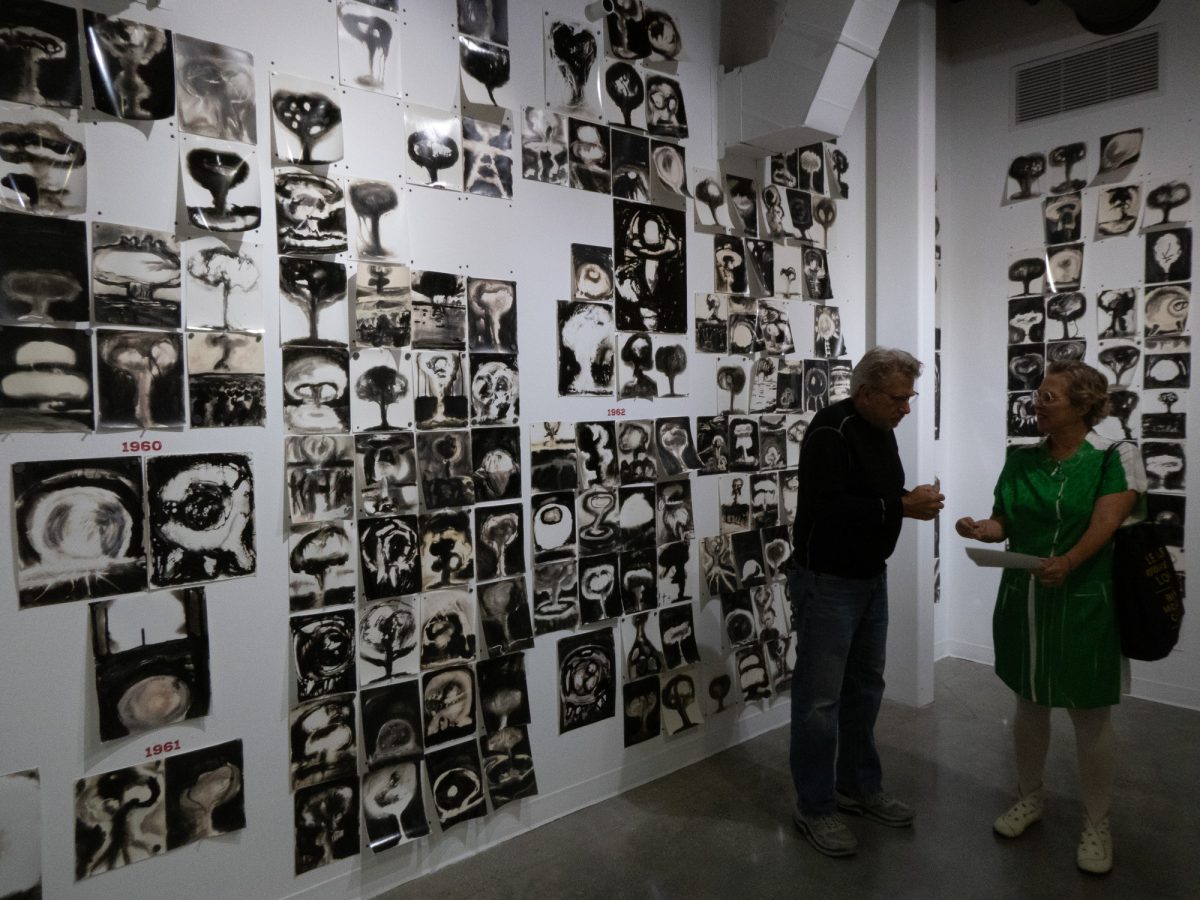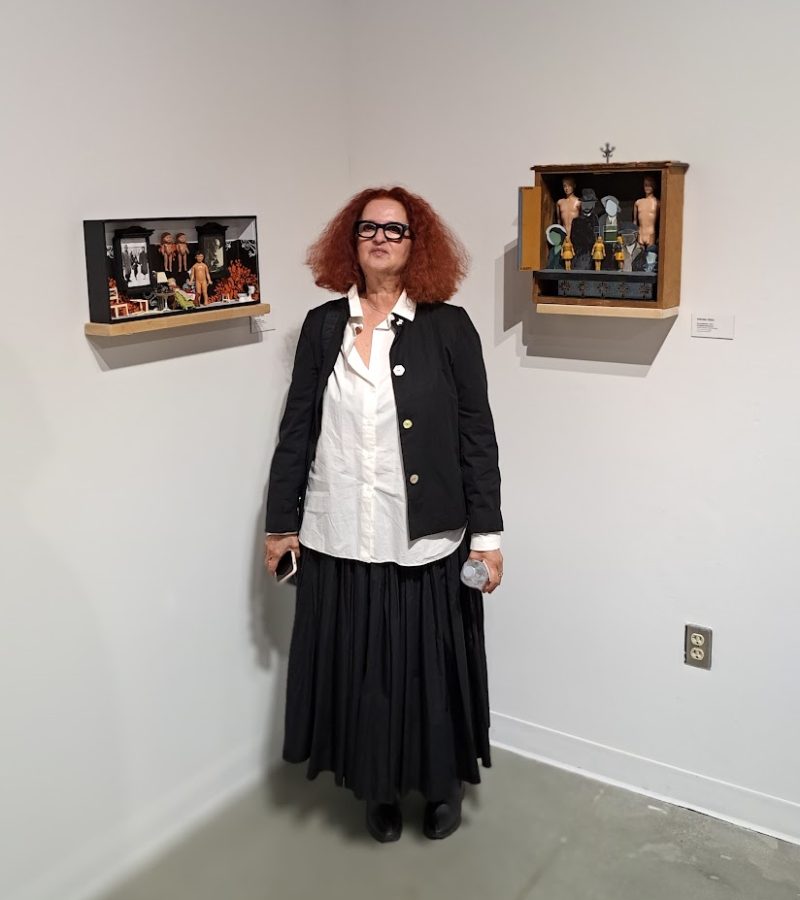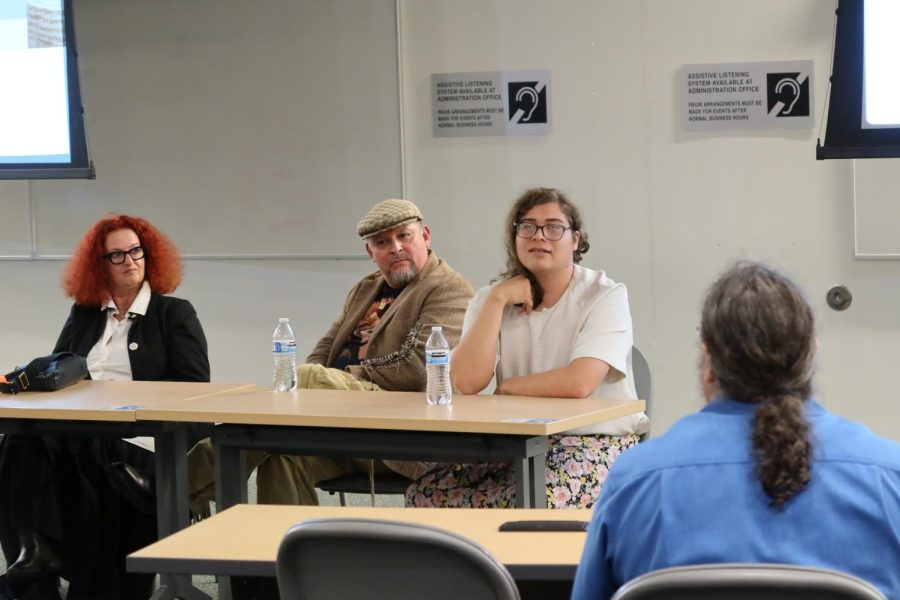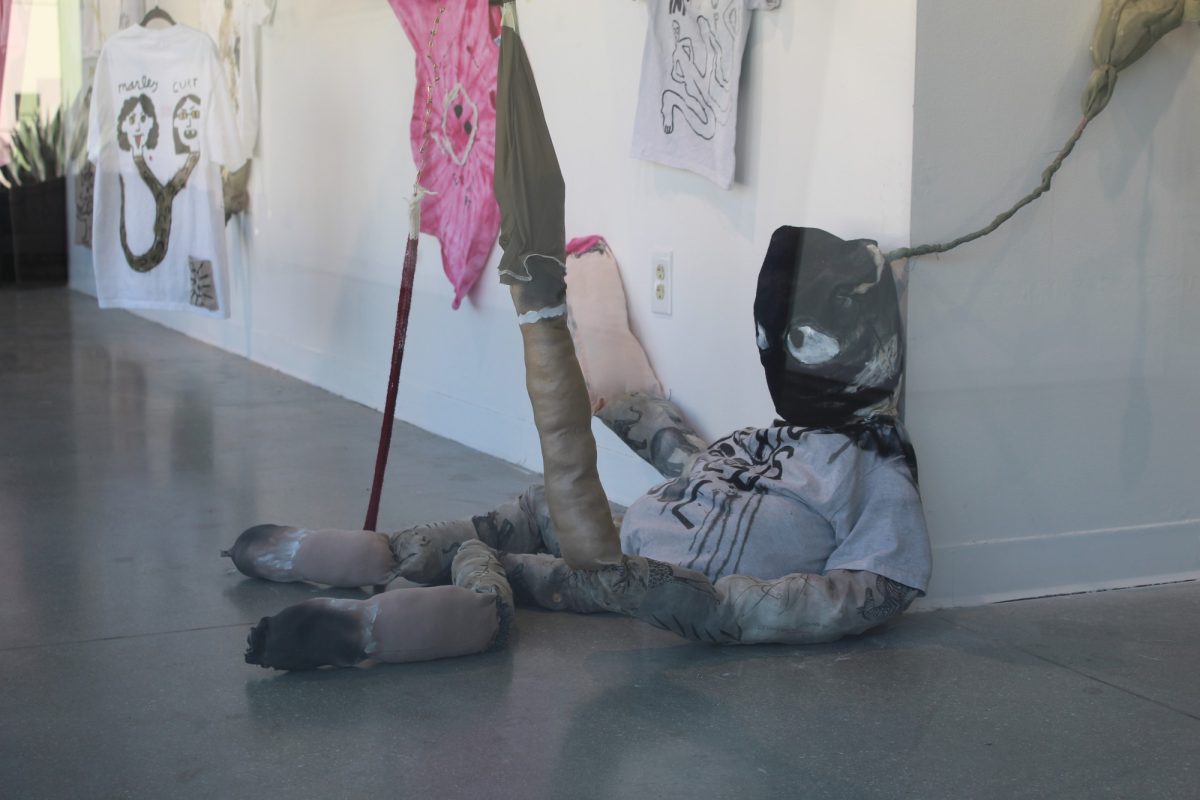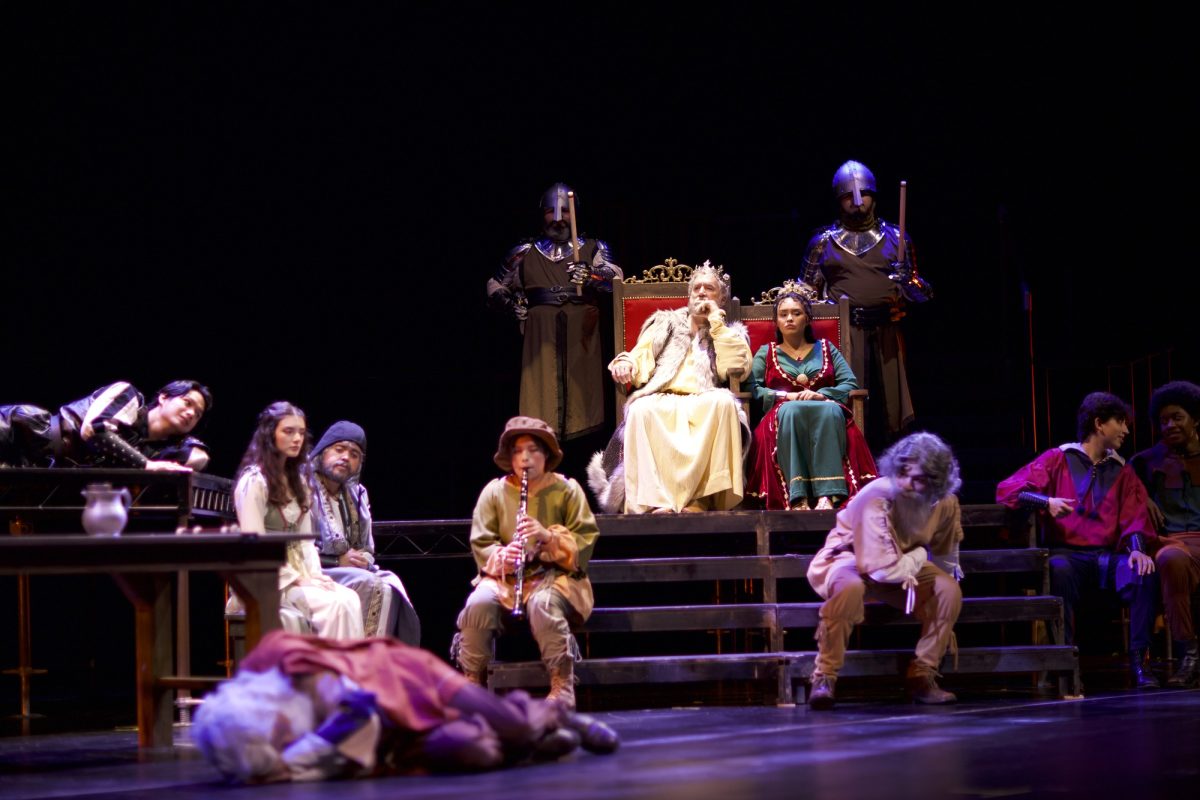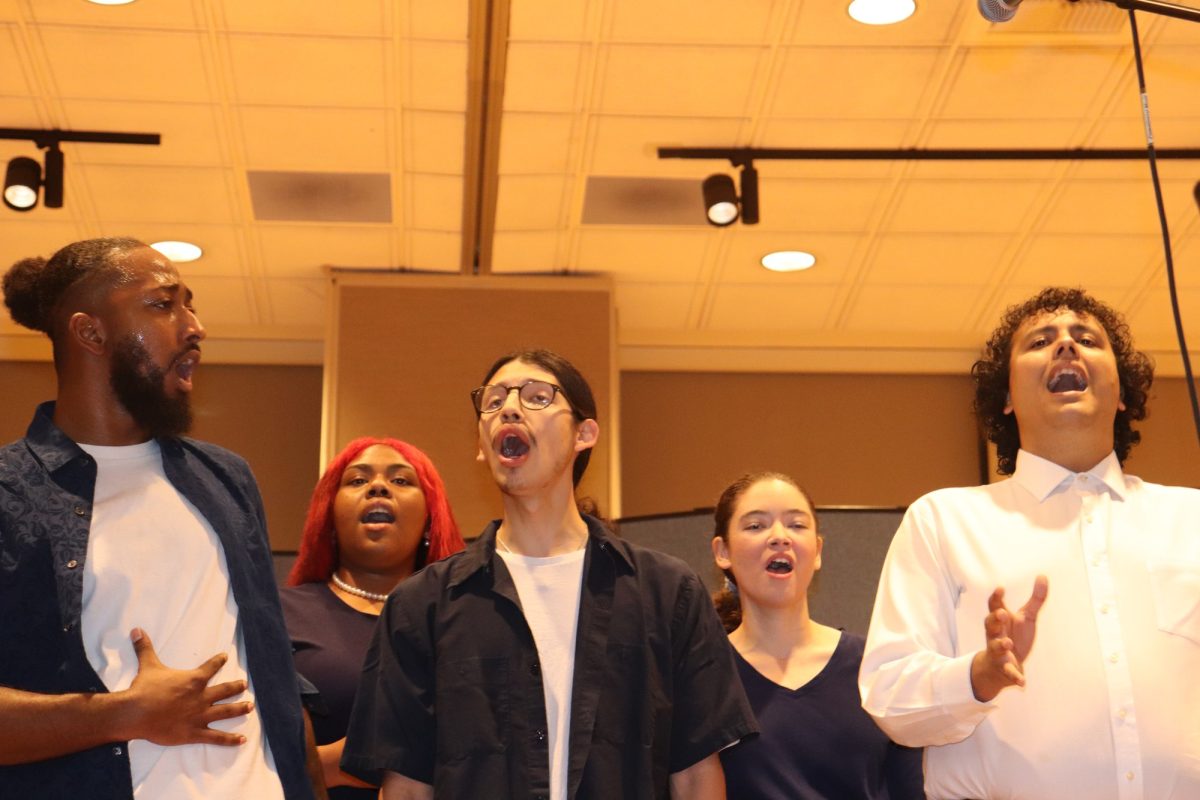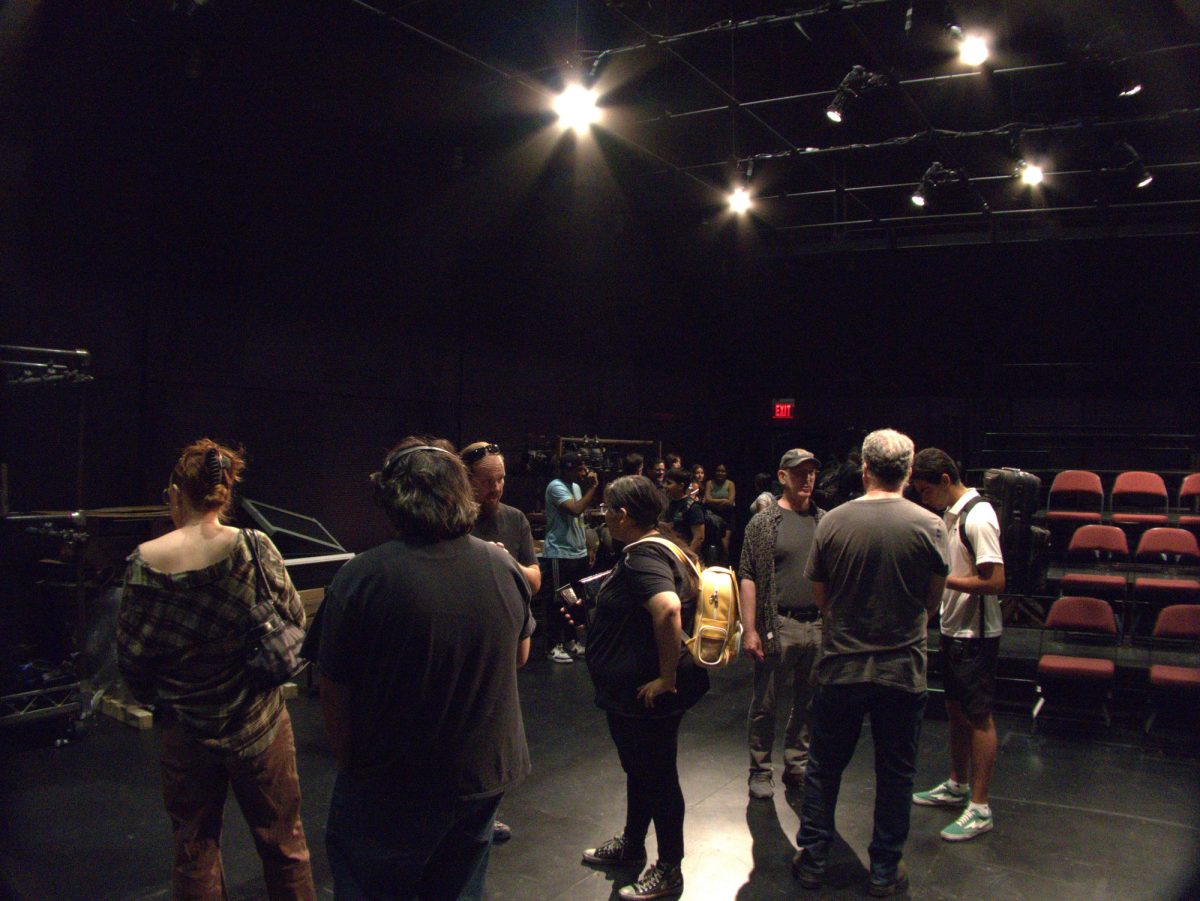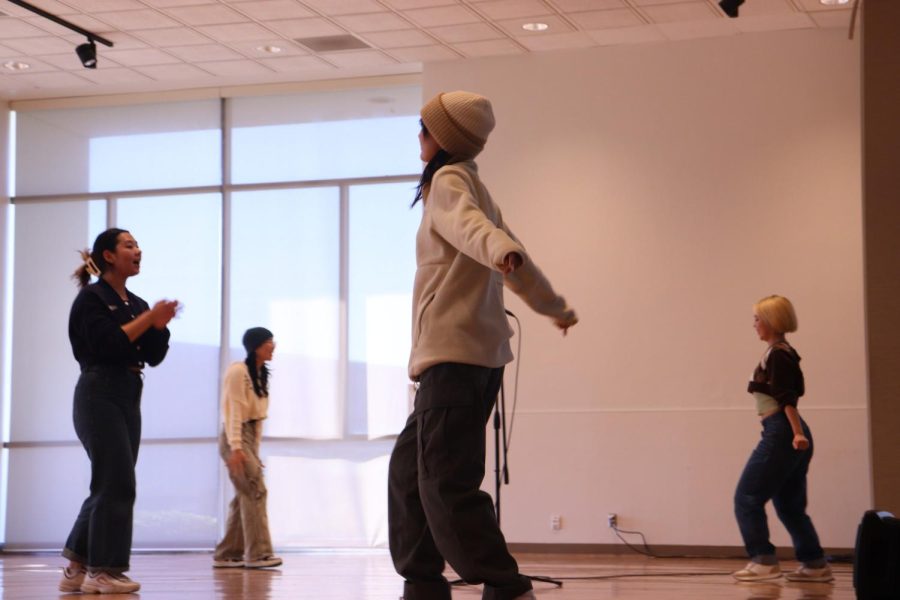For students such as Jacob Rodriguez, who plays the male lead in Cerritos College’s Romeo and Juliet, the rhythm of iambic pentameter was a “challenge” according to Director Reed Brown.
Brown said it is one of the many reasons he decided to become an educator.
When asked about difficulties he faced while in production of the stage play that opened on Friday, Sept. 6, in the Burnight Center, Brown asserted that the diction and dialect are not actually “difficulties” but “challenges.”
He explained that the challenge was in “taking young people from the 21st century and trying to teach them how to unlock Shakespeare’s language” because they are “paramount.”
He added that it was a fun challenge because it came with action such as sword-fights which Brown himself choreographed.
Rodriguez also cited memorization and emoting off lines as additional challenges, explaining that if he were to make a mistake on one word it would throw everything off.
The leading man stated that he suspects that other members of the cast had similar issues, expressing that “it’s always going to be the language that is going to be the hurdle.”
Art major April Charles and her friend from Long Beach City College Tayler Romero were in attendance.
“Mercutio,” played by Samuel Vidaca, was the fan-favorite according to both Charles and Romero.
Romero, said his favorite character was Mercutio because of the humor associated with that character as well as the casting.
He said, “The actor was how he would seem in the actual book.”
Brown was the only person to decide casting.
The director explained that there are always differences between his vision and what actually happens on stage.
“This was one of the differences,” gesturing to an 18 month-old Ava.
Brown added that he didn’t realize he was going to cast an infant in his play, when there is not one written in.
He concluded that every actor brings something unique to the stage.
“Try, as you may,” Brown said, “to imagine what your Romeo, Juliet or Mercutio are going to be, that can’t deny the individuality of the person that brings themselves to the role.”
The director finished his thought by saying that he enjoyed watching the actors develop and grow.
Charles said that she liked the character for the puns and pick-up lines.
She expressed her expectation for more people in the house after commending the cast on a job well-done.
“It was really good, I’m not going to lie,” Charles asserted about the production, continuing, “They did have a good set and the acting was good. I expected a lot of people to feel nervous, [but] they seemed to all be settled.”
In regard to having the play in period 1550s Verona — Brown said that this presented the opportunity to have the costumes and scenic design in renaissance fashion, for the designers to do an “excellent job.”
Bradley Locke, the costume designer, had autonomy according to Brown.
Locke merely discussed pumpkin pants, doublets or jerkins — and presented color swatches; he designed everything, including stylizing the Montagues to be in red hues and Capulets in blue.
“It was largely Brad, he’s brilliant,” declared Brown.



